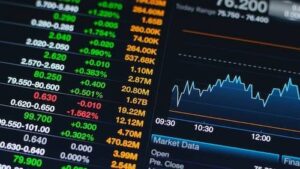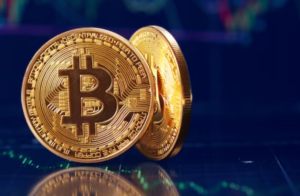$UNH $AXP $SPY
#NYPD #AmericanExpress #UnitedHealth #CEO #CorporateSecurity #CrimeAlert #Healthcare #FinanceNews #StockMarket #BusinessNews #SecurityThreats #MarketImpact
The New York Police Department (NYPD) has raised a red flag about the elevated safety threats targeting high-profile corporate executives, particularly in the healthcare and financial sectors. This comes after the chilling murder of UnitedHealth Group CEO Brian Thompson, an incident that has sparked alarm across industries. The unsettling discovery of “Wanted” posters targeting executives, including a poster with the crossed-out image of Thompson, has ramped up attention on corporate security practices. American Express CEO Stephen J. Squeri was also reportedly featured on similar posters, escalating concerns about the safety of individuals at the helm of major corporations. Law enforcement agencies are now studying these threats in conjunction with an uptick in extremist rhetoric across online platforms.
This development holds significant implications for the corporate sector, where CEOs and top executives already face high levels of scrutiny and exposure as public figures. For companies like UnitedHealth ($UNH) and American Express ($AXP), these safety concerns could potentially distract leadership teams from focusing on core business operations. Investors are also weighing the risks. Shareholders of $UNH, already coping with market anxieties stemming from external pressures on U.S. healthcare policies, may find this news adds to an already cautious sentiment around the stock. Similarly, $AXP, a key Dow Jones component that reflects broader financial health, may see mild ripple effects if broader concerns extend to top corporations and their leadership safety.
From a market stability standpoint, heightened security concerns for executives often lead to elevated operational costs for companies as they institute tighter safety measures. Historically, such developments have prompted businesses to enhance investments in private security, legal consultancies, and employee welfare measures. In Wall Street’s broader ecosystem, events of this nature can sometimes catalyze more stringent governance rules, particularly when their reputational implications between executives and leadership arise in discussion. Investors will be vigilant about whether these precautionary measures impact profit margins or earnings forecasts, especially for firms like UnitedHealth that are weathering regulatory uncertainties in addition to grappling with criminal threats.
Meanwhile, the digital space hosting extreme rhetoric raises questions around the regulatory landscape for social media platforms. As these platforms enable anonymous threats, they indirectly stoke volatility in financial markets, particularly where leadership visibility is high. This cascading effect underscores how systemic risks extend beyond individual companies. Market benchmarks like the S&P 500 ($SPY) often react to investor sentiment shifts tied to high-profile incidents, and further escalations in executive-targeted threats could subtly weigh on indexes tracking sectors heavily reliant on public trust, such as healthcare and finance. Analysts are likely to track both corporate responses and macro-level movements closely to discern whether this growing concern modifies public corporate decorum or leadership strategies moving forward.










Comments are closed.